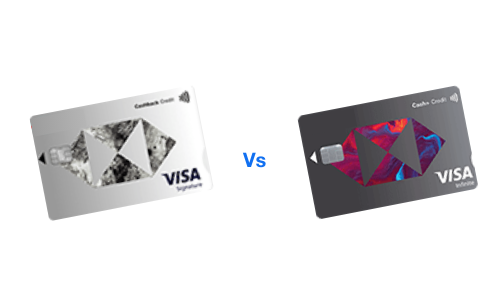All You Need to Know about Credit Card Churning

If not let us tell you!
Credit card churning is a controversial practice that has gained immense popularity within the past few years. Some of the extreme travel enthusiasts have used credit card churning as a method of gathering points or miles that they redeem on their subsequent travels. Credit card churning is the practice of registering for new credit cards repeatedly to earn sign up bonuses. Undoubtedly credit card churners take the practice to another extent that offers high rewards forex, where you could earn extra points to travel for free. If you are looking forward to credit card churning here’s all you need to know about it.
What is Credit Card Churning?
Multiple credit card providers offer great signup offers. New cardholders are entitled to earn huge discounts and bonuses for spending a specified amount using their credit cards in a given time frame. Usually, it is the first 90 days from the card activation date. Churning includes opening several new accounts to earn rewards and points and then closing the account. Churners usually identify a credit card or a group of credit cards with the type of rewards they are looking for; once the churner spends enough to redeem their bonus and rewards, they stop using the card. Some of the churners who reach the extremities of churning open and close dozens of cards just to earn the sign-up bonuses.
Pros and Cons of Churning
Most common of all the reasons due to which people get involved in churning is the advantage to travel for free using the reward points or miles. Although rewards on the day to day purchases add up pretty quickly, churners usually focus on accumulating the sign-up bonuses. Credit cards enrich our travel experiences and churners tend to save a lot which alternatively allows them to spend more on meals and excursions without exceeding the overall budget.
Credit card churning seems to be a pretty profitable and fun hobby but there are several downsides to it.
Let’s consider the flip side- churning often leads to overspending. According to finance experts if you find yourself purchasing things that you don’t need just to rack up the charges on a new credit card is pointless. By doing this you miss out on maximizing your rewards and thus churning doesn’t turn out to be profitable in such a scenario. Moreover, churning affects your credit score also because every time you apply for a credit card it increases the potential of reducing your overall credit score by a few points. Opening a new credit card might increase your credit score if you carry a balance on your other cards. Closing a credit card can also affect your credit score in several ways if you carry a balance on your other credit cards, then the loss of the available credit can affect or reduce your score.
In a nutshell
Sign up bonuses can be extremely tempting but you should always consider all the factors that come into the picture when you are involved in the practice of churning. Thankfully in between churning and forgoing the sign-up bonuses, the middle ground is using your credit card responsibly. Responsible credit card users avoid overspending and can sign up for attractive credit card offers when they appear. Credit card providers regularly come up with various loyalty based programs where you can earn huge rewards and bonus points.
By understanding all the risks of credit card churning and considering much safer alternatives, you can still earn rewards keeping your credit score unaffected.
More From Credit Cards
- Recent Articles
- Popular Articles
















